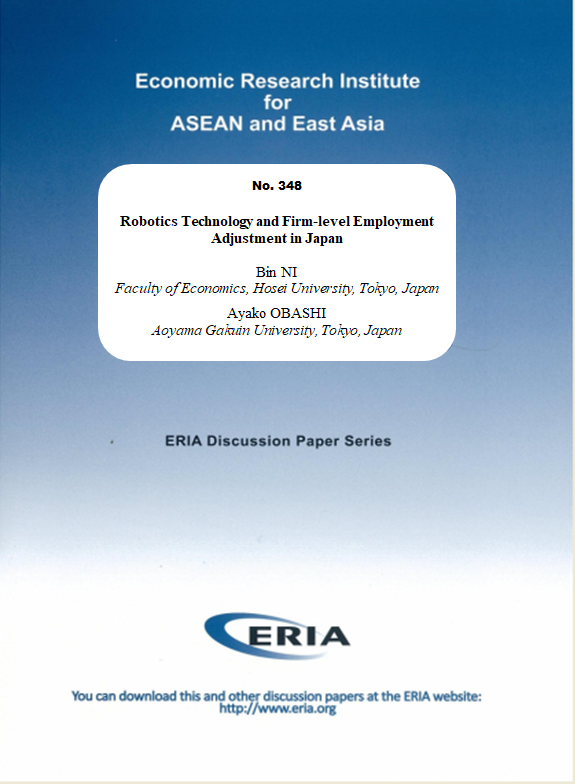Robotics Technology and Firm-level Employment Adjustment in Japan

Date:
8 November 2020Category:
Innovation and Technology, Labour and MigrationType:
Discussion PapersTags:
Innovation and Technology, Japan, Labour and MigrationPrint Article:
Unlike studies that analyse the impact of robotics technology on employment at the industry or firm level, this study investigates cross-division employment adjustment within a firm in an industry with large penetration and diffusion of robotics technology. By examining the changes in the composition of employment, we measured job creation and destruction at the division level and explored whether robotics technology, as a leading example of automation, not only displaces workers but also introduces new jobs in favour of labour. We made use of unique, division-level employment data for Japan’s manufacturing firms, together with industry-level data on the installation of industrial robots. We found that industry-level adoption of robots positively affects the rates of firm-level job creation and job destruction. Because the magnitude of the impact is larger for job destruction, robot adoption has an overall negative impact on firms’ net employment growth. Our finding suggests that the labour displacement effect of robotics technology and the emergence of new jobs due to technological change coexist even at the firm level.
Robotics Technology and Firm-level Employment Adjustment in Japan




